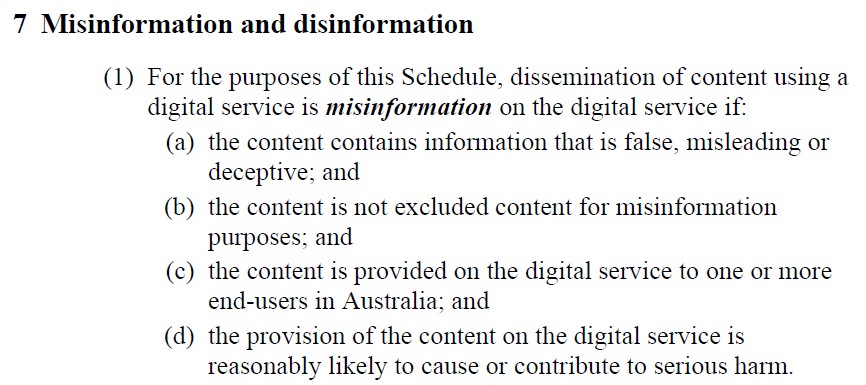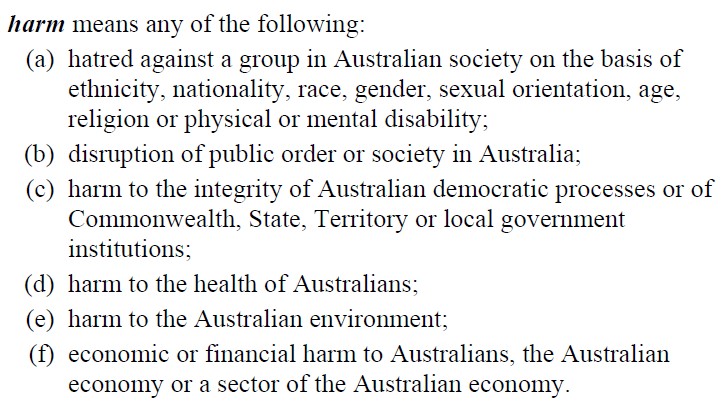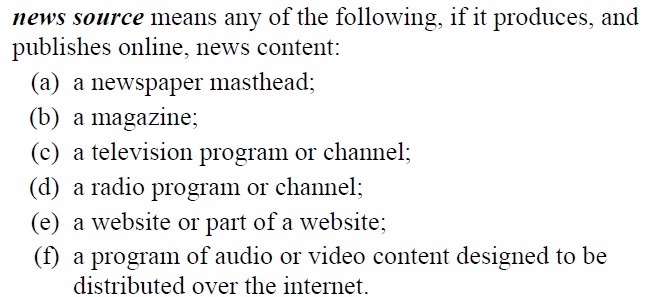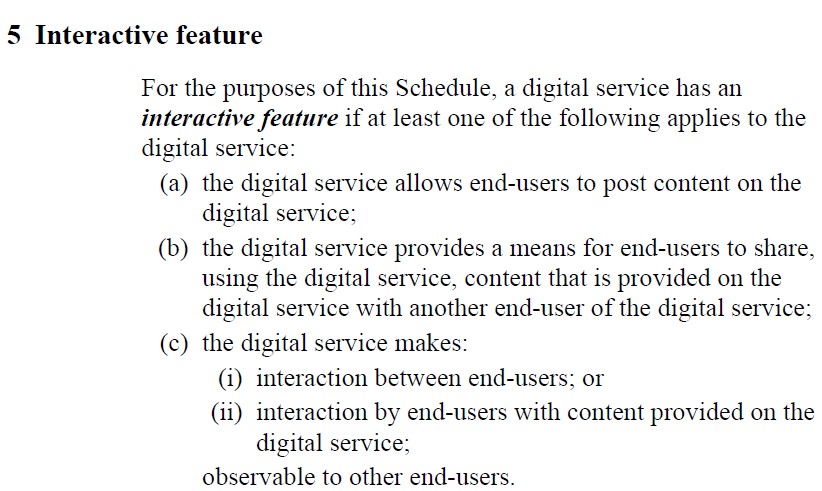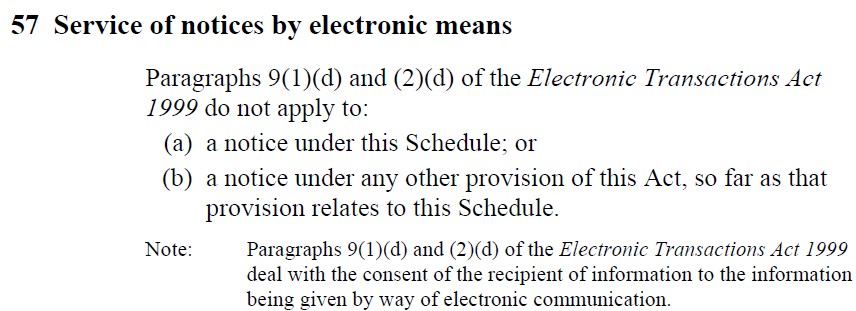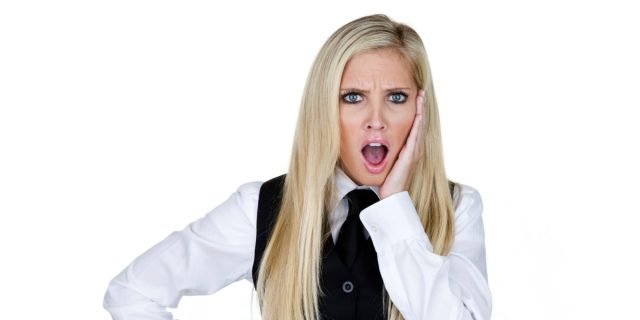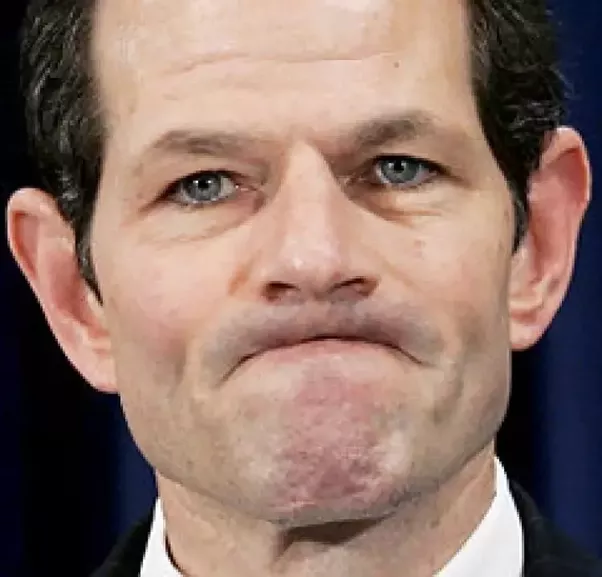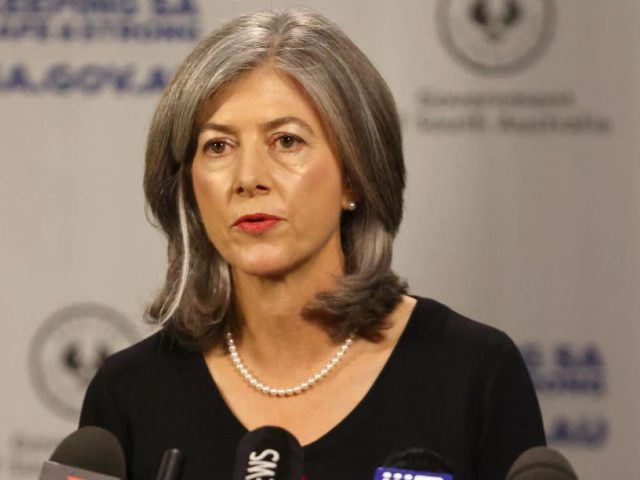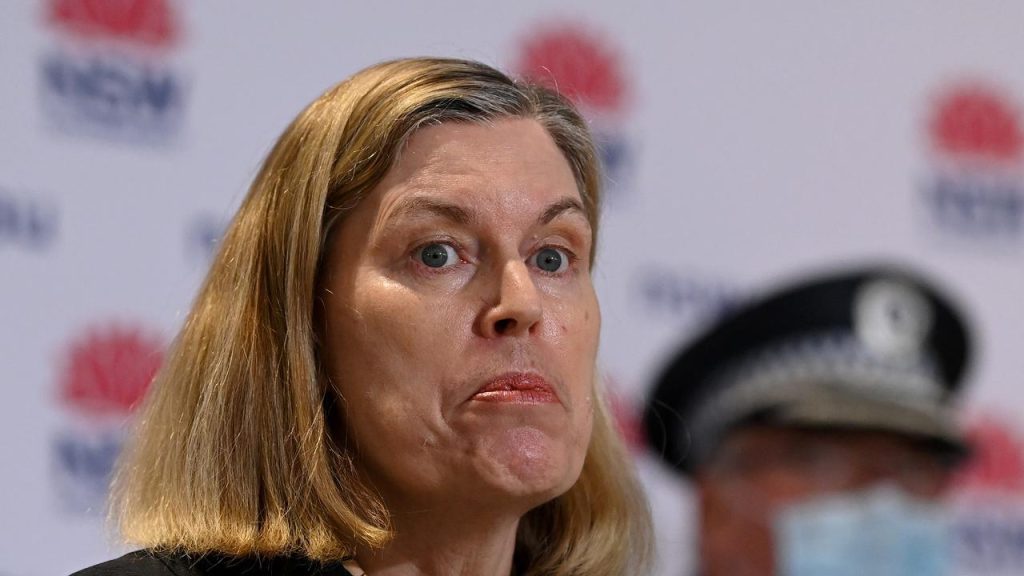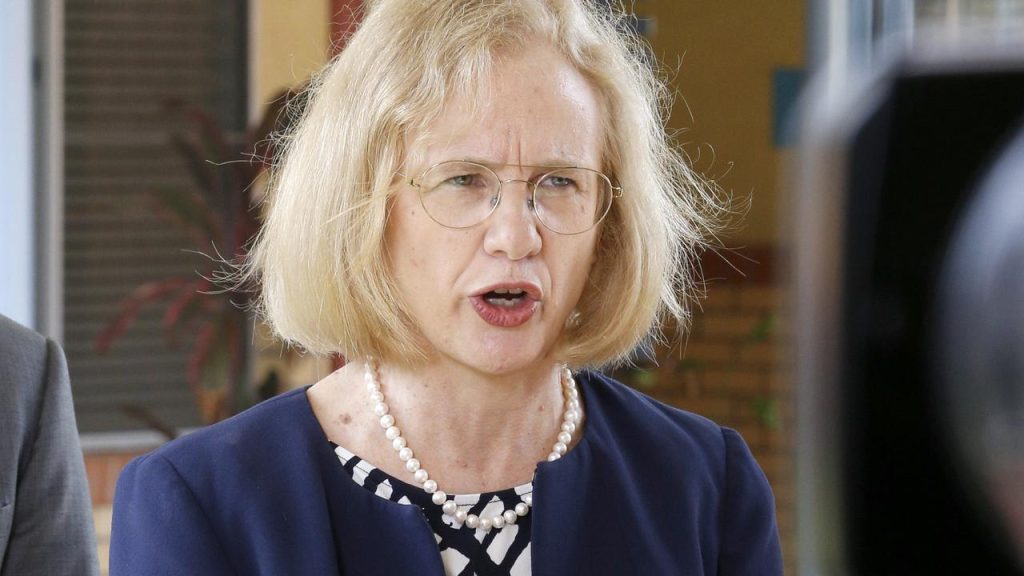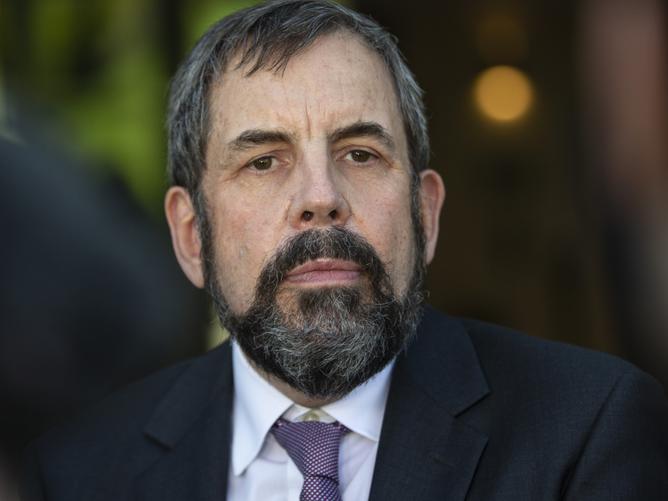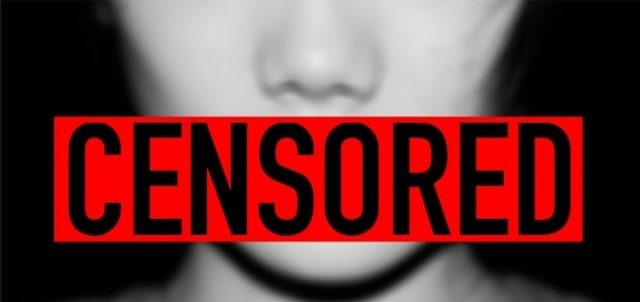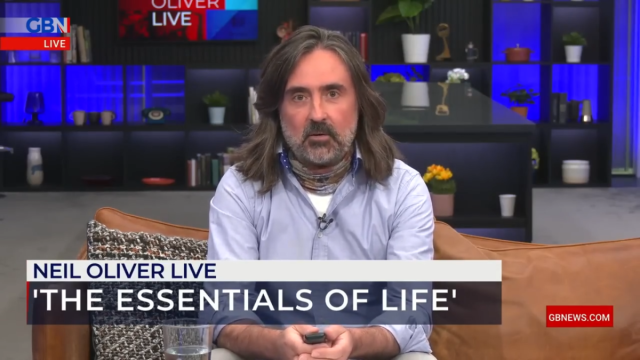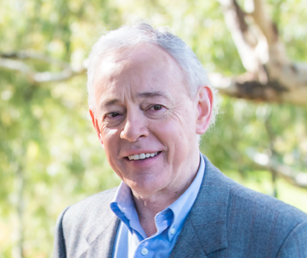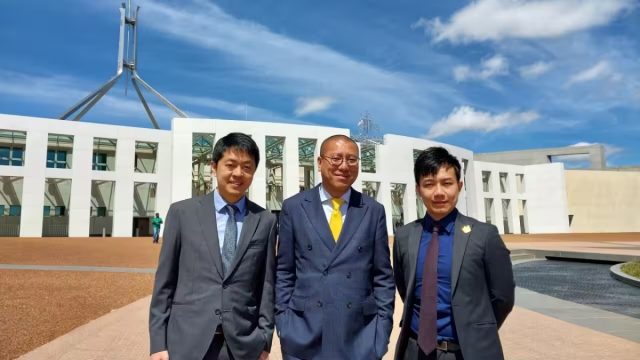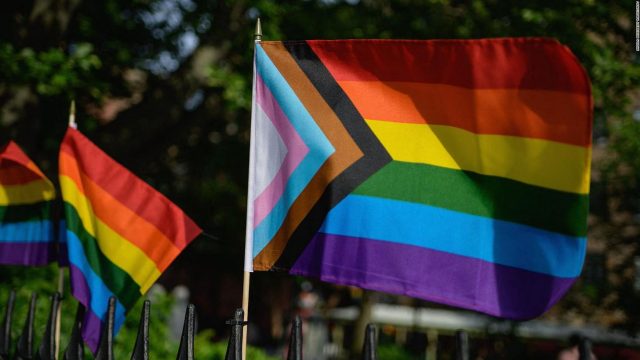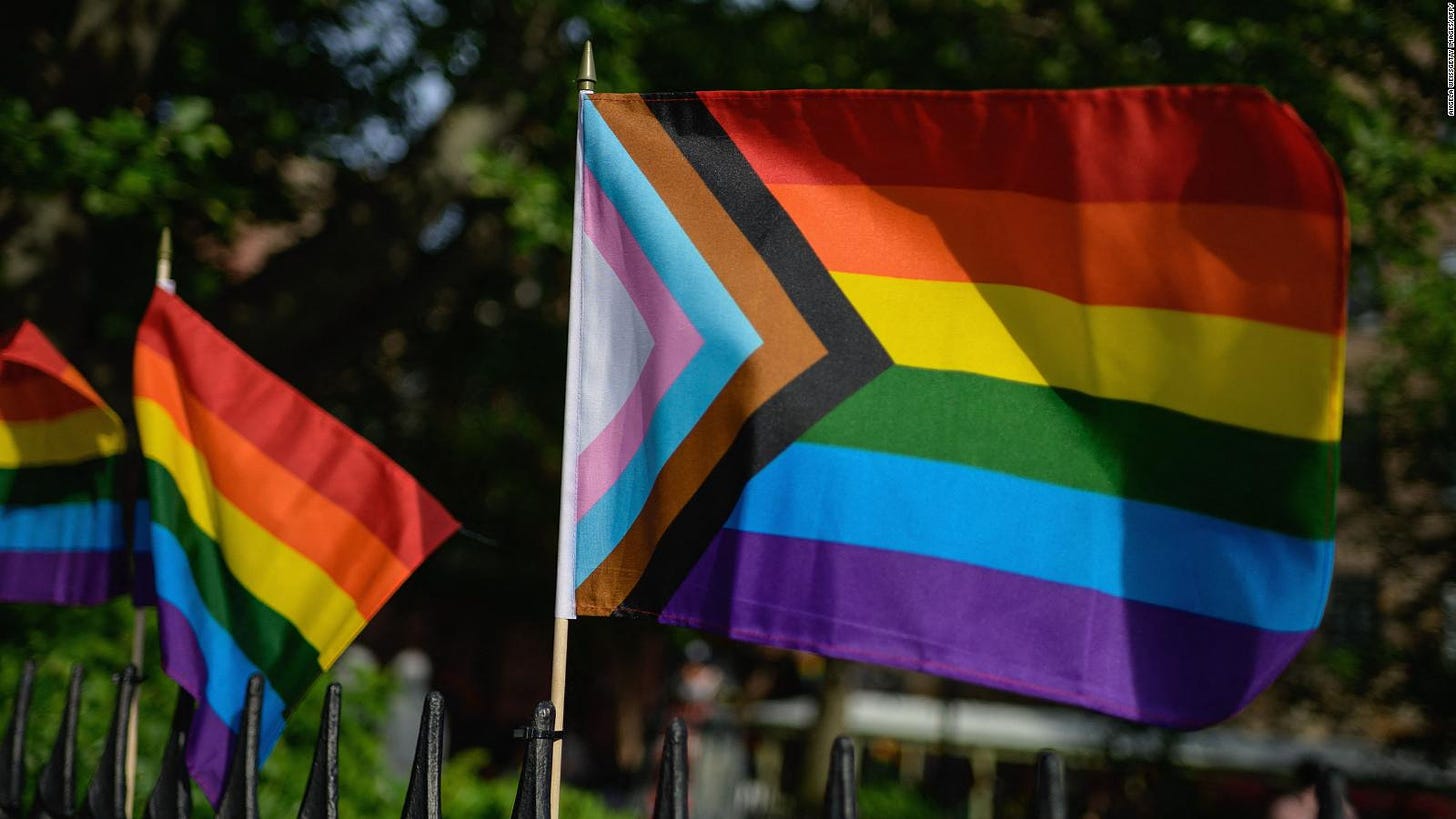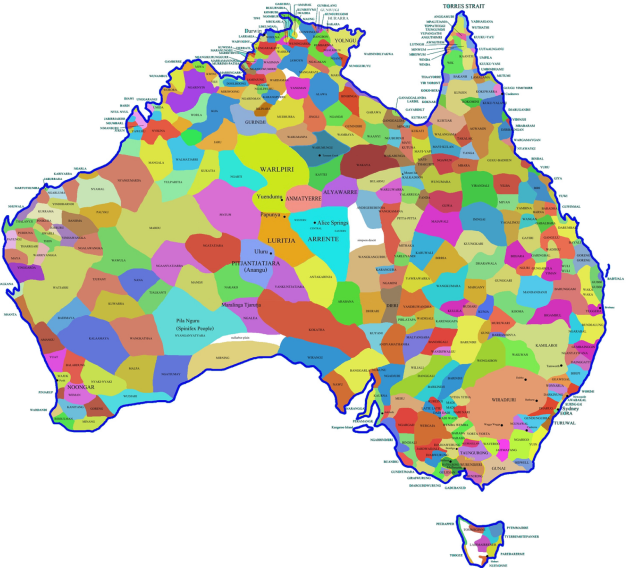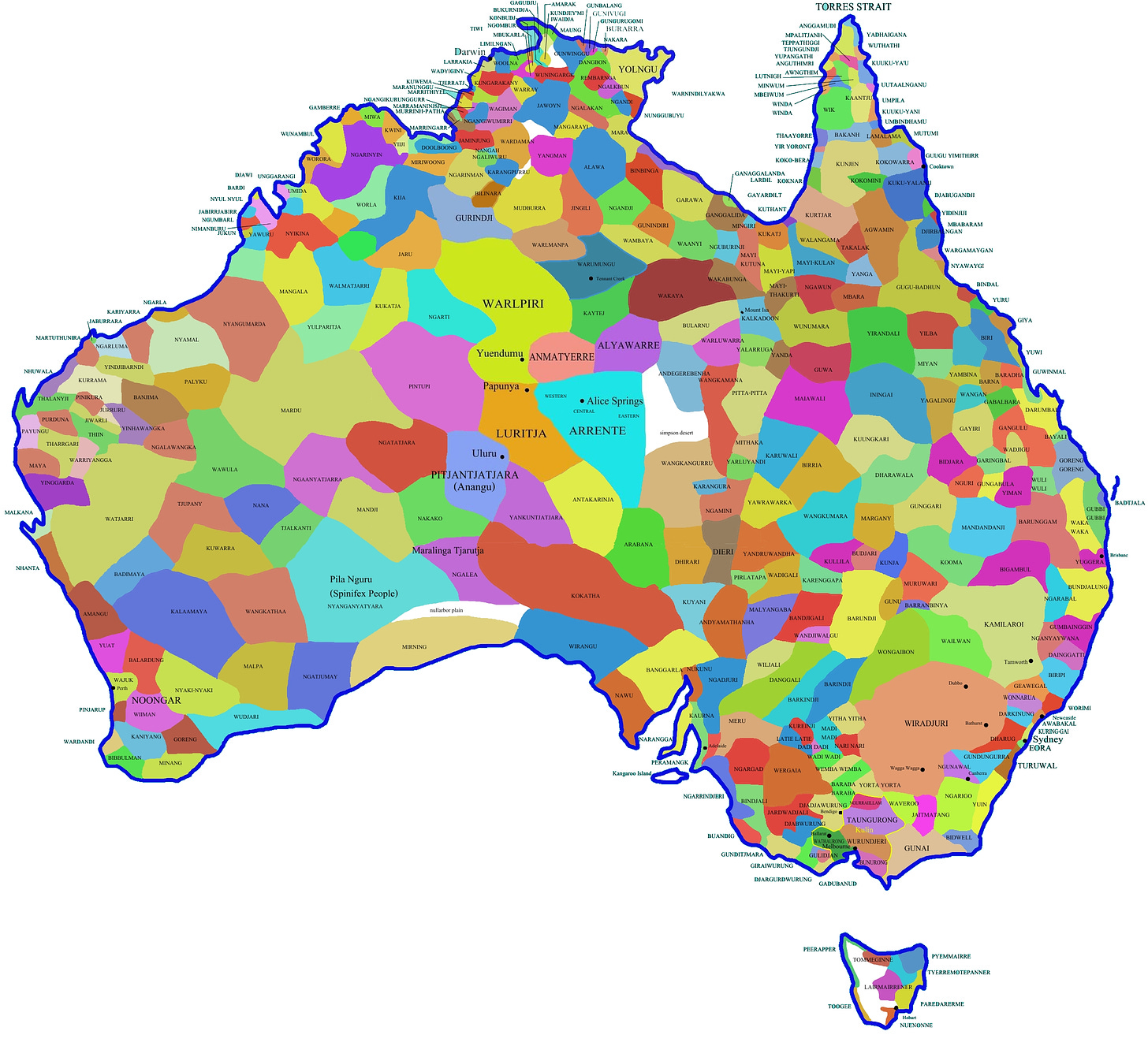Sacred Geese and Rousing Speeches
Who would have thought that quacking geese could help save the Roman Republic from a Gallic horde in 390 BC?
It prompts the question: could a stirring speech on liberty help save Australia from its government in 2023 AD?
The Roman Republic was born when a warrior gathered his family from the ashes of Troy and founded a city destined to become one of the greatest civilisations in history. But its emergence was not without repeated struggles.
Grappling with rapid growth and accumulated power, the Republic was in danger of being crushed by Gallic invaders. Rome had conquered most of her neighbouring Italian lands, but chronic infighting among the Senate and Tribunes distracted it from the rising threat outside the empire.

The ancient historian, Livy, in The Early History of Rome, wrote of a warning which was ignored because it came from a plebeian of no consequence.
“The Gauls are coming!”
And they were. Gallic armies decimated vast swathes of Roman territory.
In a final siege to sack Rome, Gallic troops climbed the Citadel wall, which was minimally defended as an exodus to neighbouring provinces had occurred. The people slept. Not even the dogs were alerted; it took the screeching of sacred geese to wake the people from their slumber and quickly act to repel the enemy.
Australia in 2023 is facing its own enemy at the gate. It goes by the name of Government.
While we don’t suffer from screeching geese in our parliaments – albeit some may like to draw a comparison – our representatives are in a prime position to sound the alarm.
The government’s surveillance tentacles are reaching so far into our lives that we soon may not be able to breathe without its consent. Citizens are facing censorship of their thoughts, speech, and actions with the impending ACMA Misinformation and Disinformation Bill, a direct threat to our democracy.
In the Parliament of New South Wales, on 28 June 2023, one newly elected MP laid down the stakes for liberty, delivering a rousing endorsement of the natural rights and abilities of the people, and a scathing assessment of government interference.
In his maiden speech, John Ruddick articulated the essence of free market capitalism:

“We believe in the inherent morality of capitalism simply because, that is what people will spontaneously do when left alone. The worst atrocities of history were not the result of drought, flood, pestilence, or plague but of big government throwing its weight around like an elephant stomping on ants.”
One would think such a passionate defence of liberty would be welcomed in a democratic nation.
Alas, YouTube swiftly took it down.
Was it the mention of “anarcho-capitalism” that offended the senses of the censorship tzars? Perhaps too radical an idea for our modern and progressive world to embrace. Sadly, this term is misunderstood. Where it is demonised as being violent in meaning and action, it is really the opposite.
As Mr Ruddick said:
“Anarcho-capitalism has a favourable view of human nature and an unlimited belief in our potential. I am increasingly attracted to the view that we will tap humanity’s highest potential via a government-free voluntary-based society.”
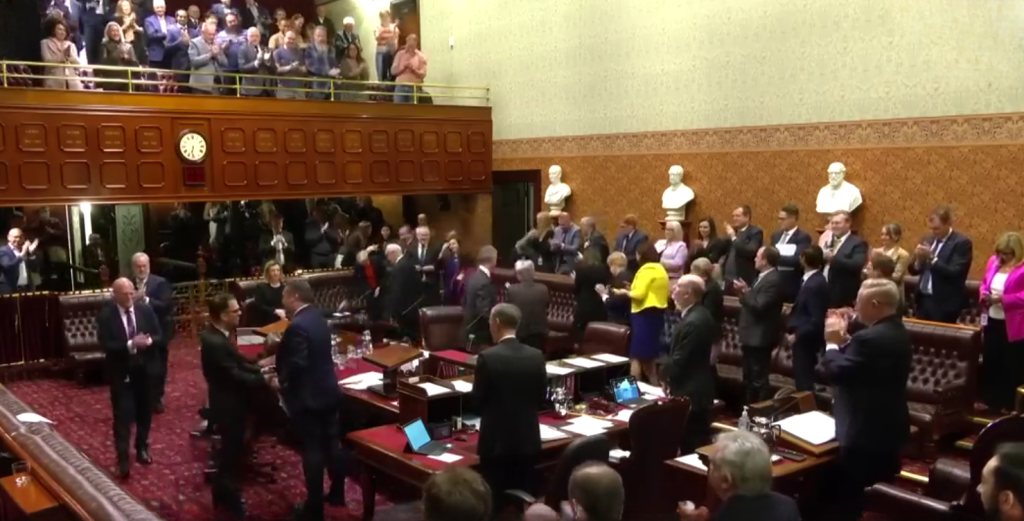
Great speeches won’t save a nation from ruin, but they can affect how people begin to consider the world around them.
Livy tells us that “Destiny had decreed that the Gaul’s were still to feel the true meaning of Roman valour.”
Let our citizens record that the enemy of liberty is still to feel the true meaning of Australian spirit and enterprise.
Sacred geese did not prevent Rome from being invaded by the Gauls, but their screeching put Romans on notice.
Perhaps Mr Ruddick’s speech will serve as a warning for Australians in the face of monumental government overreach, reminding them of the value of our inalienable individual rights and freedoms, and how voluntary associations and agreements are by far the preferred mode of human interaction.

Gerardine is a Roman historian, with specific interest in Rome’s foundation up to the end of the Republic. She advocates that history gifts us with wisdom for the mind and nourishment for the soul, and keenly defends the ancients’ legacy of civic society, law, and government.








